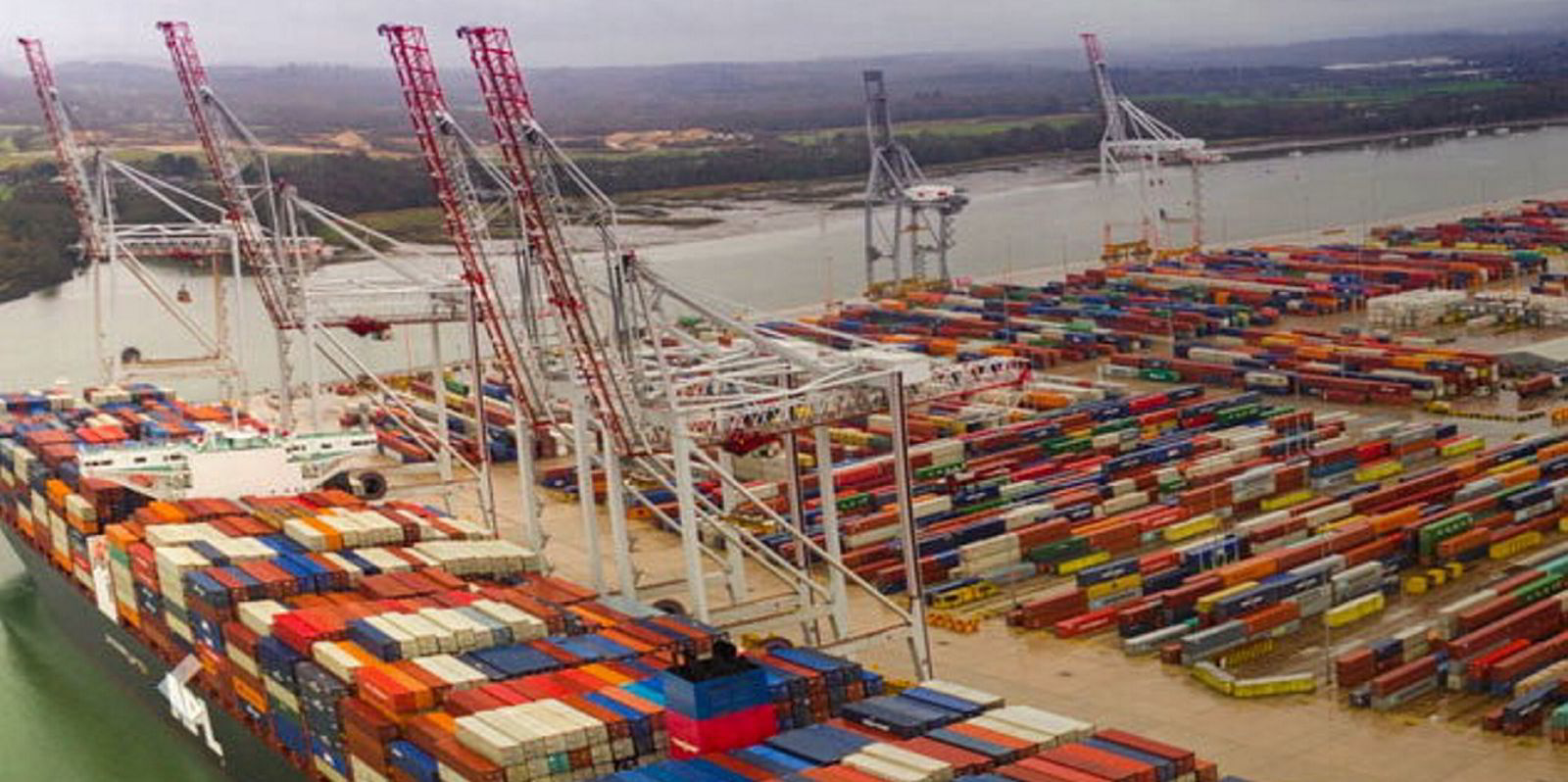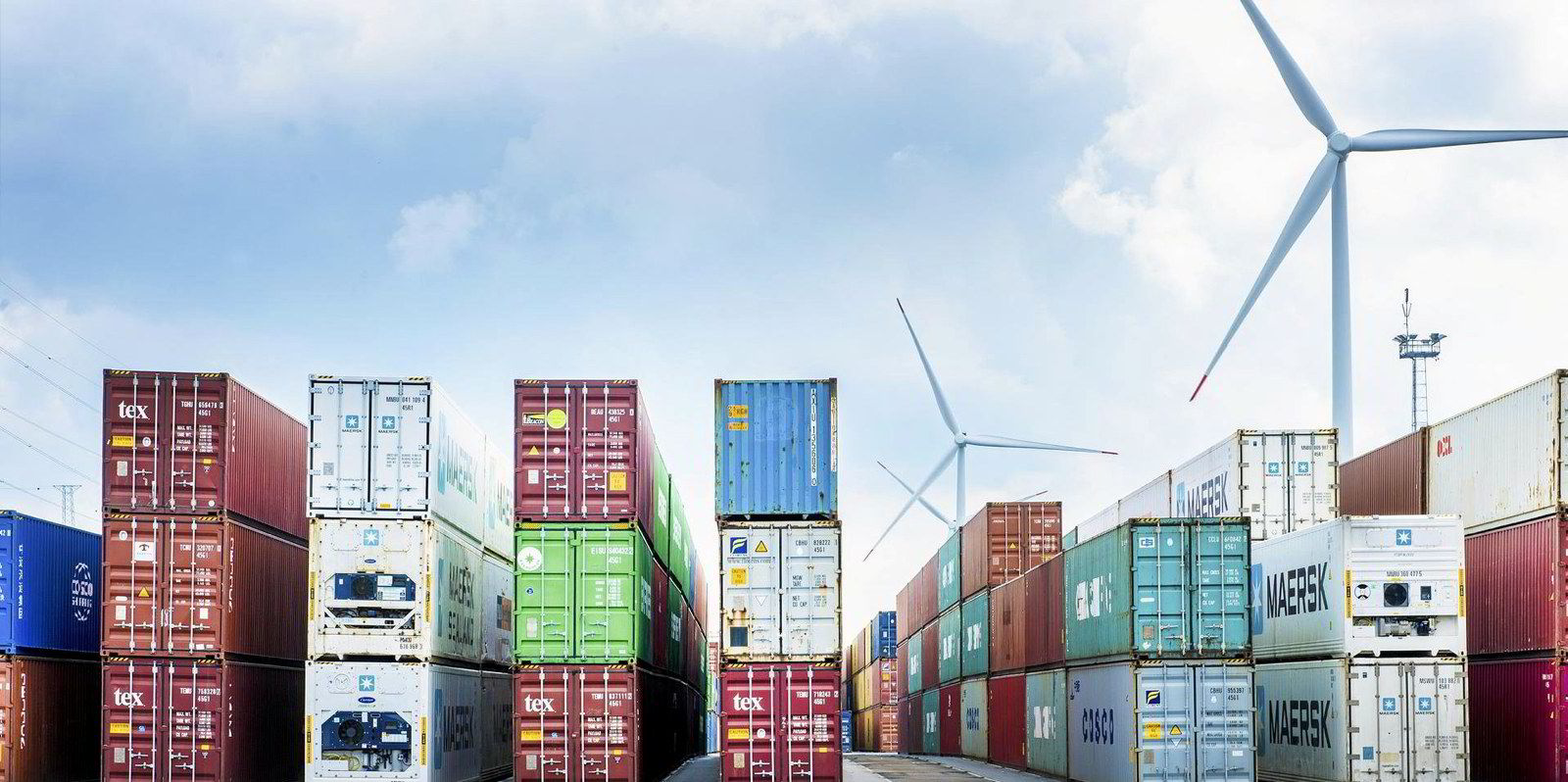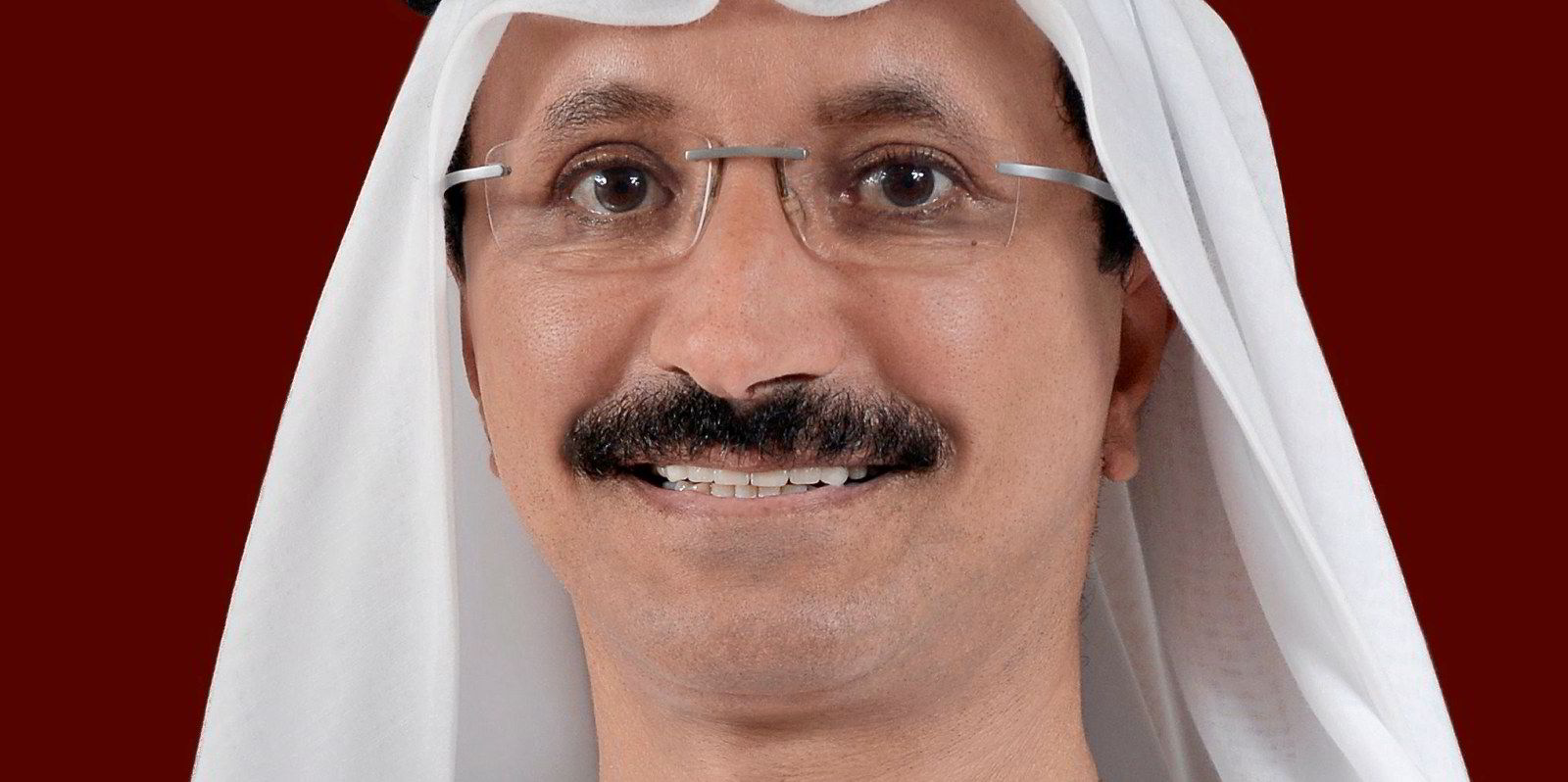AP Moller-Maersk and DP World Jebel Ali Port are to speed up turnaround times at Jebel Ali port in order to cut bunker fuel and reduce carbon dioxide emissions.
The two companies have entered a long-term partnership will give priority berthing for Maersk vessels at Jebel Ali Port, to improve quayside productivity.
The collaboration is part of DP World's plan to achieve its goal of cutting CO2 emissions by nearly 700,000 tonnes over the next five years.
“Achieving this target alone will be challenging, but by working with reliable partners such as Maersk we can accelerate our progress and offer solutions to help our partners achieve their own sustainability goals at the same time,” said DP World’s vice-president of ports & terminals Shahab Al Jassmi.
The Dubai-based port operator is planning to reduce CO2 emissions through electrifying assets, investing in renewable power and exploring alternative fuels.
The Intra Terminal Vehicles (ITVs) at Jebel Ali Port used at the Terminal where Maersk vessels berth will be converted from diesel ones to electric ones, leading to a reduction of around 80% carbon footprint from the vehicles.
The partnership with DP World had “a clear focus on improving service delivery to our customers while reducing carbon footprint through our operations together,” said Mads Skov-Hansen, head of ocean customer logistics, Maersk West & Central Asia.
“This synergy has allowed us to develop a successful ecosystem at Jebel Ali that continues to evolve and adapt to the dynamic markets we operate in,” Al Jasmi said.
In November, DP World Chairman and Group CEO, Sultan Ahmed Bin Sulayem announced plans to invest up to $500m to reduce carbon emissions by 20% from 2021 levels.






